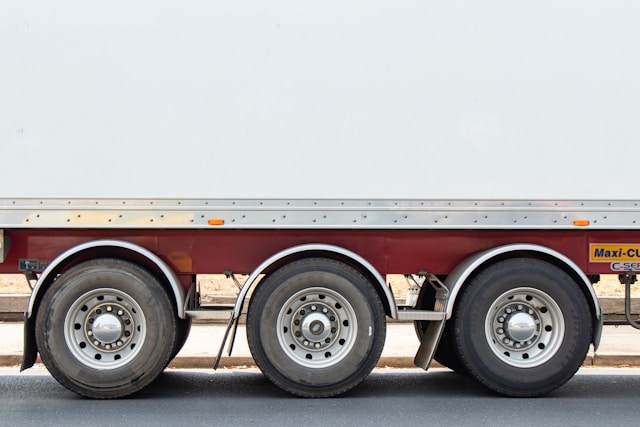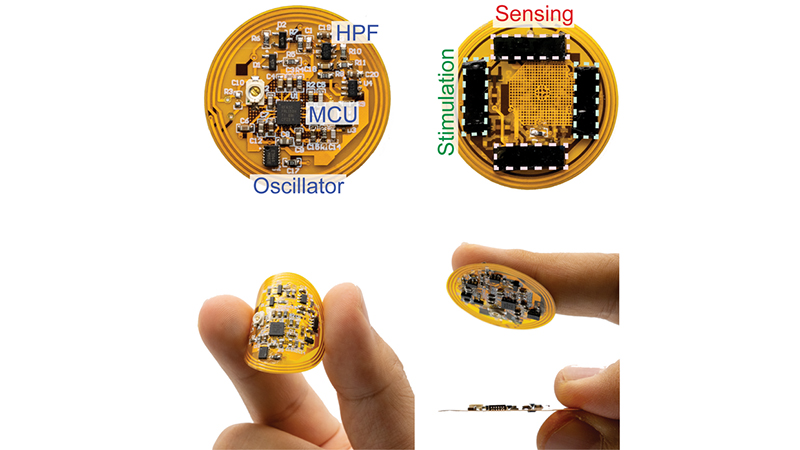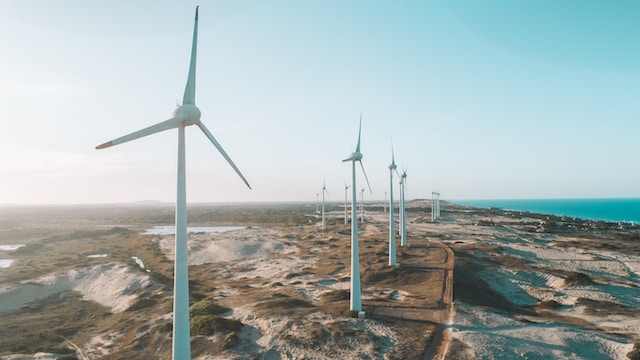After the piña coladas are drunk and the dancing is done, what do you do with 50 billion coconut husks left over? If you are extremely innovative and ecologically conscientious, you work to find a practical use for the waste. That is exactly what Texas-based Essentium Materials LLC did in a feat of agricultural engineering, turning coconut coir into parts for the 2012 Ford Focus Electric car.
With the concept of “one person’s trash is another person’s treasure” the Essentium group received a grant of $1,018,475 from the National Science Foundation to support their “waste to resource” R&D and mission of “building the next generation of essential materials.” But included in that global mission is to enhance local economies and reduce the use of synthetic materials in manufacturing.
The company developed a composite material of coconut shells and husk fibers mixed with recycled plastics. By incorporating bio-material from waste into the composite, they estimate reduction in petroleum use will be 2-4 million barrels and of CO2 emissions, 450,000 tons less put into the air annually.
The business originated from a graduate school idea to create economic opportunities for developing nations. Recognizing that coconut waste was the most common material available, the team sought to examine its properties and test its viability for products to be sold in North America.
Unlike many other bio-combination processes such as ethanol, no food or tree crop is grown exclusively for the production, because the coconut water and meat inside is used as usual and only the environmentally problematic waste of the shell is used in the composite materials. And don’t think this use of coconut fibers and recycled plastics compromises the quality of end products. To the contrary, the fibers have unique properties that actually work to make molded plastics stronger and lighter, an ideal quality for automotive applications. The high lignin content gives the coconut fibers an added antimicrobial benefit.
The process implemented for collecting the source materials is to work with community development organizations so that local workers prepare the raw fibers which are then shipped to the US for further processing, combining, and fashioning into molded vehicle parts. The line is expanding to include garden mat products and even household items, with new ideas developing rapidly.
One of the company engineers, Elisa Teipel, sums up the philosophy, “Ultimately, our company is about transforming waste in order to transform people’s lives. We want our engineering decisions to improve people’s lives and make the world a better place.”
I’ll drink to that! Pass the lime and coconut, please.





